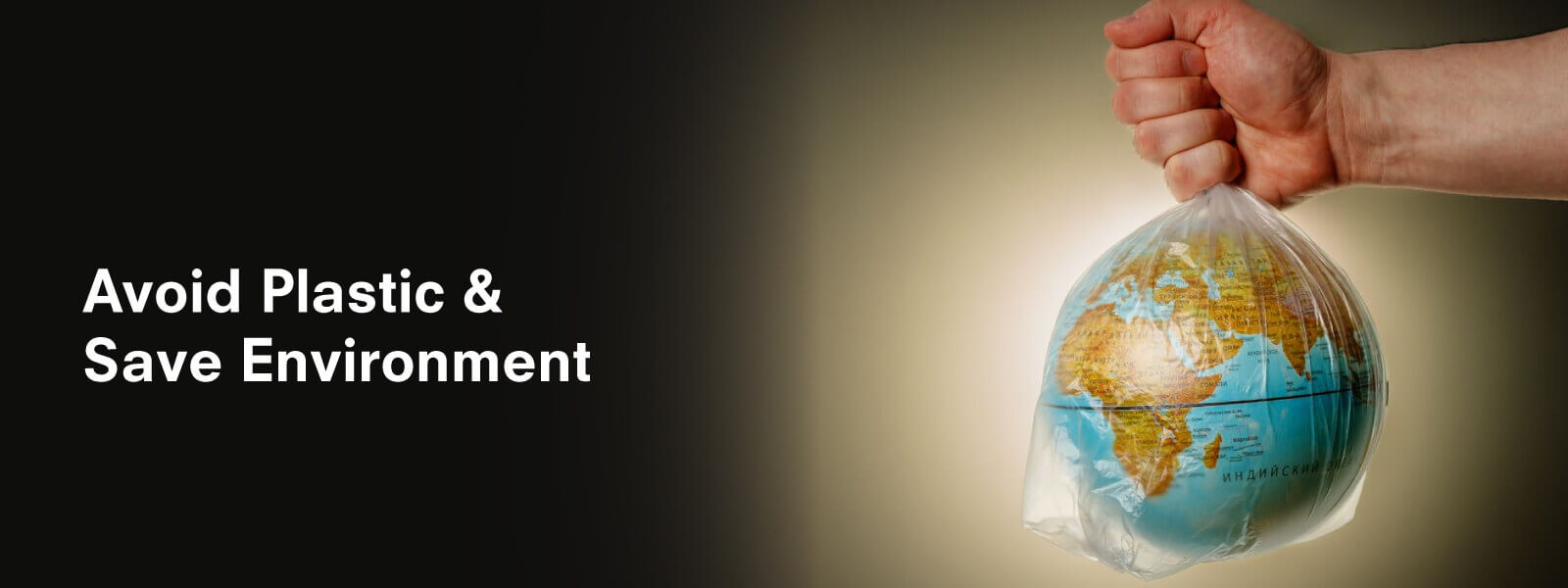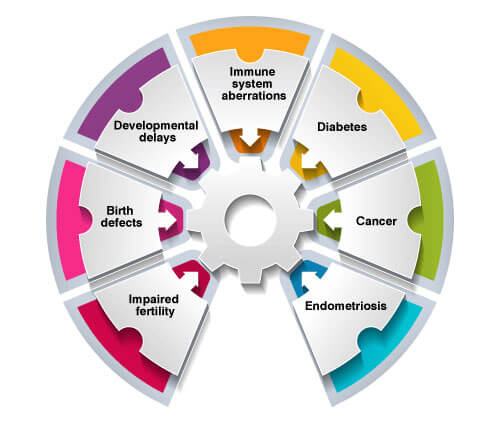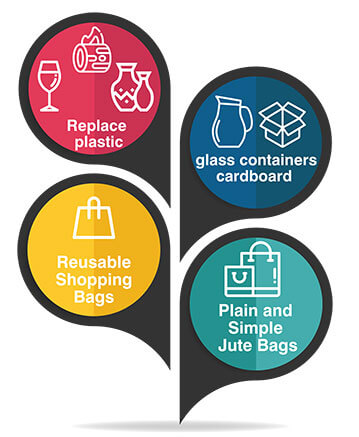Avoid plastic & Save Environment

Perils in the consumption of plastic!
In current days, it is next to impossible to stop using plastics. In the last few decades, usage of plastic has expanded beyond what the early developers might ever have thought about it. However, we can find plastics that are harmless for the environment. While creation of plastic has added an important level of convenience to daily life, it also carries the risk of severe health challenges.
From food and children’s toys to automobiles and beverage containers, we are bloated by plastic. And sadly, we have begun to pay a heavy price for this modern-day convenience.
Fortunately, scientists are inventing a number of alternative plastic-type products that are nontoxic and biodegradable such as containers built with corn and other food-based animals.
What makes plastic so dangerous?
Bisphenol a (BPA) is an industrial additive used in making many plastic products that make the plastic harder. Once upon a time, plastic was considered to be safe. In the changing scenario, the evidence points out that BPA is harmful since it accumulates into the body over time. It is essential to avoid using products that contain these compounds.
BPAs exist in almost everything from water bottles to soda cans to coffee cup lids to prepackaged food containers, plastic cups, and grocery and gas station receipts. Different metal water bottles, especially those manufactured with aluminum, are lined with epoxy resins that consist of BPA to combat decomposition.
Potential dangers with the usage of plastic
Nearly, 100% of our toxic exposure to dioxin originated from food and could trigger a wide range of health ailments such as
- Impaired fertility
- Birth defects
- Developmental delays
- Immune system aberrations
- Diabetes
- Cancer
- Endometriosis
Besides, the usage of plastic could clog drains, and contaminate land, soil, water and air.

Suggested ways of identifying avoiding plastic
Normally, plastic products are tagged with a ‘recycling code’ and a number that matches the type of plastic it is manufactured. The number can be spotted within the triangular recycling symbol that recyclable plastic is tagged with. A large number of toxic forms of plastic are classified into numbers 3, 6, and 7.
Eco-friendly alternatives to plastic
There are environmentally safe alternatives that we can use to minimize its negative impact on the environment.
- Replace plastic household items with substitutes – items made out of glass, safer plastics, ceramics, stainless steel, or wood are alternative choices.
- Prefer glass containers and cardboard over cans. Foods parceled in cardboard cartons manufactured with layers of aluminum and lined with the refined plastic material are not innocuous when compared to cans with plastic linings consisting of Bisphenol A (BPA).
- Reusable shopping bags
A large number of supermarkets provide plastic bag alternatives today. Some of those contain patterns and some reusable packaging bags bear the establishment’s name. These reusable bags come in fibre,
leather, canvas, cotton, hemp, and woven plastic. The nylon ones can be wrapped into a pouch and are tiny to fit into our pockets. The benefit of avoiding plastic bags is you are not required to pile up much in your cupboards. - Plain and Simple Jute Bags
Yet another alternative to plastic is a jute bag. It is sturdy, more durable and is bio-degradable. These inexpensive bags can be degraded biologically in two years.

Conclusion: Weak enforcement is observed to be the root cause of ineffectiveness in making plastic-free environment. Right from the manufacturer to the end consumer, there should be concerted efforts to eliminate the practice of using plastic. Though governments have already taken a serious note of imposing fines on the buyers and sellers of plastic, it is not yielding the desired results. Tax benefits could prompt the manufacturers in making a gradual shift to plastic. The other common way of discouraging this practice is by offering discounts to customers who carry their own bags.
